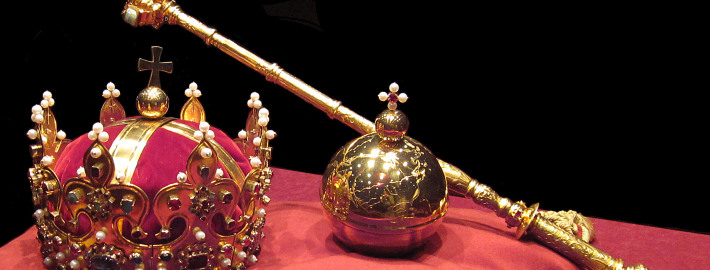Do-It-Yourself Wills and How Princess Diana’s Royal Fortune Was Distorted
A recent Forbes article about Princess Diana’s estate highlights the importance of ensuring that one’s final wishes are not just expressed but expressed in the correct legal manner.
The article identifies how Princess Diana penned a “Letter of Wishes” to accompany her will. This Letter was received by her executors but, because the wording of the letter, the executors were able to obtain a “variance” of the will in an English court. The result of this variance was that the executors were able to deviate from Princess Diana’s expressed wishes.
In her Letter, Diana outlined that she wanted to establish trusts that each of her sons, Princes William and Harry, were to receive when they turned 25. Simple enough, right?
No, because of the way the Letter was drafted the court allowed distribution of the trust to occur when the Princes turned 30.
Additionally and more shockingly, Princess Diana requested that ¼ of her personal possessions were to be distributed to her 17 godchildren but this did not happen. This share was valued at around $2.7 million, and included items such as Diana’s famed wedding dress, diamond tiaras, Royal art and momentos, and lyrics from Elton John’s “Candle in the Wind”.
However, the variance obtained by the executors allowed them to provide each godchild with one item. During the last 17 years, the remainder of the possessions were held by Diana’s brother, Earl Spencer, who displayed it around the world. The Princess Diana Collection website reported that the collection raised over $2 million for charities as of 2011.
It is hard to know exactly what Princess Diana would say about the above actions but it is unlikely that the circumstances played out in a manner which would have been her first choice. This story emphasizes that do-it-yourself estate planning is fraught with pitfalls.
Letters and notes written by non-lawyers are often not honored by courts. However, this is a common mistake made in estate planning. People often try to change their will or final wishes through a letter, note, or even a conversation instead of seeking the assistance of an experienced estate planning attorney who can make the legally appropriate changes. This shortcut can lead to sometimes bitter conflict and fighting — and not just in royal families.



